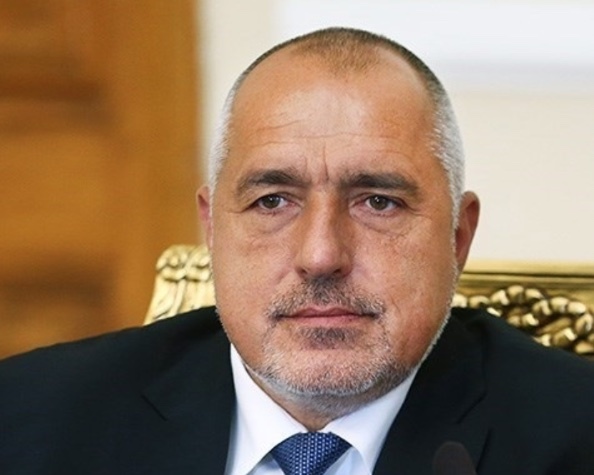In the summer of 2014, the downfall of a Bulgarian bank—at one point responsible for ten percent of the former Soviet country’s GDP—caused by a government- and media-spurred bank run brought the country to its economic knees.
Before that fateful summer, Corporate Commercial Bank (CCB)—also known as Corpbank—was Bulgaria’s fourth largest bank. CCB held an extensive portfolio of companies and investments and was the only bank in the country investing in startup companies.
In June and July 2014, Corpbank customers withdrew large amounts of cash in a panic, known as a run on a bank. The Bulgarian National Bank (BNB), the country’s central bank, said runs on Corpbank were part of a "deliberate and systematic attempt to destabilize Bulgaria's banking system.”
Boyko Borisov served as prime minister until the months leading up to the run on the bank, but had to resign after large public protests over corruption. While Borisov was in power from 2009-2013, Corpbank was successful on its own merits.
Once the crisis with CCB occurred, Borisov tried to use the crisis as a political opportunity, but has since distanced himself from the incident.
Plamen Oresharski’s government, in charge during the run on CCB, was widely blamed for failing to prevent the worst banking crisis in Bulgaria since the 1990s. His government was accused of intentionally withdrawing deposits of state-owned companies weeks before the run on CCB.
Borisov and his GERB party seized the political opportunity. They accused the Oresharski’s government of bringing the country to its economic knees. “Oresharski and Chobanov are the culprits” and must bear responsibility for the run on CCB, Borisov stated in an interview in October 2015.
After Borisov served as prime minister, Oresharski served in the position from May 29, 2013 to August 6, 2014 with a coalition with the Movement for Rights and Freedom political party. It was during this time that the run on CCB occurred, beginning June 11, 2014.
During his second term as prime minister, Borisov had years in power to reverse course on the run on CCB. When he came into power, Borisov renounced the plan for Corpbank’s recovery during the first session of the newly-formed parliament.
“If you dig deeper, it may be that it leads to the BSP [Bulgarian Socialist Party] and GERB”, Radan Kanev—a Bulgarian politician and leading member of the Reformist Bloc—declared.
Borisov tried to distance himself from Corpbank debacle









 Alerts Sign-up
Alerts Sign-up